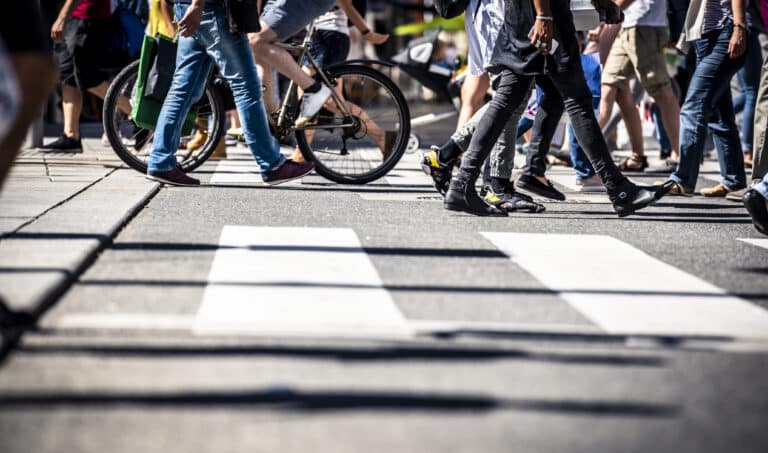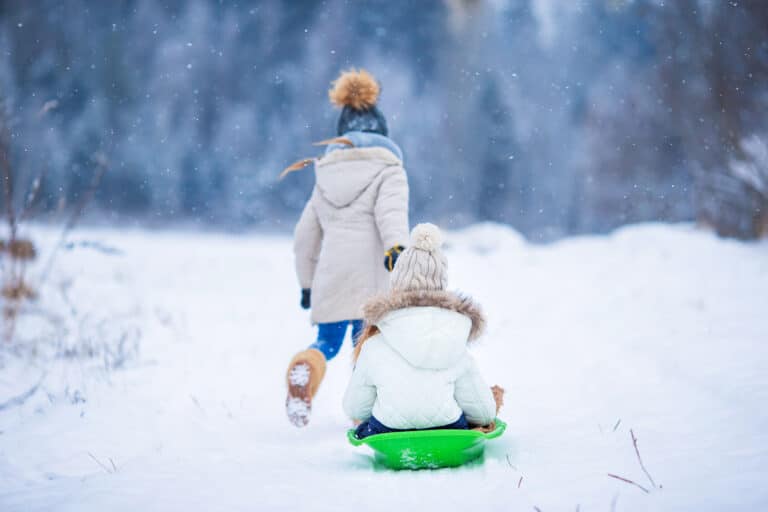For many people, summertime is synonymous with camping—and with good reason. From recreational opportunities like hiking, fishing, or white-water rafting to enjoying the fresh air, camping offers a great way to enjoy the outdoors and connect with nature. It’s little wonder that June is National Camping Month in the U.S.
However, camping also comes with risks, and more than 300 fatalities a year occur in National Parks alone. For that reason, safety should always be a top priority when camping. Let’s talk about some practical ways you can stay safe in the great outdoors this summer.
Choosing a Safe Campsite: Know Your Surroundings
Before heading out on your camping trip, research potential campsites. For optimum safety, choose a campground that has been approved by the local authorities and has a good reputation. Look for campsites that are well-lit, have clearly marked trails, and offer adequate fire pits and bathrooms. If you’re an experienced camper who prefers to “rough it,” look for safe, flat surfaces away from dangers like insect nests, hazardous plants, or unstable terrain. For example, camping under a tree might not be the best idea if you’re in a forest with many downed trees. Avoid camping near areas that are prone to flash floods. Most of all, have an escape plan: know how to break camp quickly and what roads to take to evacuate in case of fire, floods, or severe weather conditions.
Prepare for the Unexpected
While camping, you may encounter unexpected situations, such as harsh weather conditions, wild animals, and medical emergencies. Make sure you have a first aid kit, enough food and water, and appropriate clothing for the weather. Learn basic first aid skills and carry a map and compass with you. If you plan on camping in bear country, invest in bear spray and learn how to use it.
Respect Fire
Campfires are a staple of camping but can also be dangerous if you are careless. Always check for fire restrictions before you light a fire and know the current fire risk conditions in your area. Only start fires in designated fire pits and make sure you extinguish them before leaving the campsite. Never leave a fire unattended, and keep flammable materials away from it. If you use a camp stove or propane lanterns, never use these in enclosed spaces–they can emit deadly carbon monoxide.
Prioritize Food Safety
Improperly stored food can attract unwanted wildlife to your campsite. Store your food in airtight, bear-proof containers and hang them from a tree if possible. Additionally, keep the cooking area clean and free of food scraps.
Follow Safety Protocols With Outdoor Activities
Activities like hiking, rock climbing, biking, boating, water skiing, etc., come with some risks. Make sure you know the rules of safety when practicing these activities. If you’re going on an adventure like canoeing or white-water rafting, listen to your guides and observe all safety protocols so exhilaration doesn’t turn into tragedy.
Stay Connected
Even while enjoying your outdoor escape, it’s essential to maintain some level of connection with the outside world for safety reasons. Whether it’s a park ranger, a friend, or a family member, always let someone know where you are going and when you plan to return. Never venture out into the wilds alone.
While these camping safety tips will reduce your risks, sometimes events out of our control can cause injury. If someone’s negligence causes an injury to you or your loved one while camping, our personal injury lawyers can help you get the compensation that you are entitled to. Call our offices to learn more.







